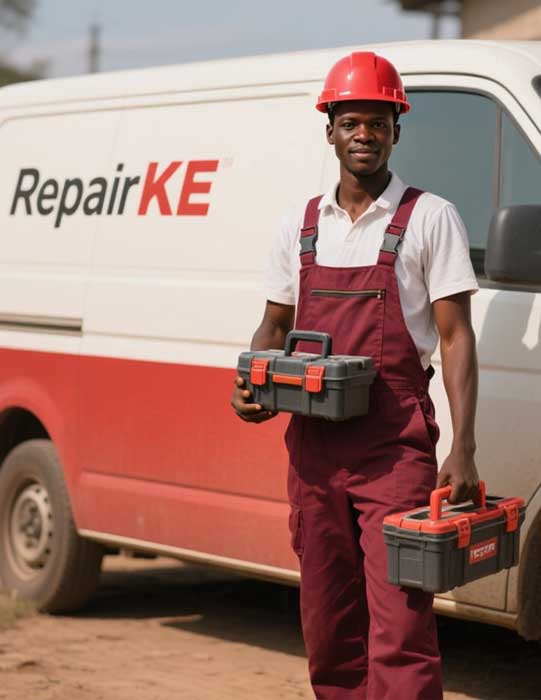Gas Piping Services
Gas piping services are indispensable for ensuring the safe, efficient, and reliable delivery of natural gas or propane to homes, businesses, and industrial facilities. Professional gas piping services, encompassing installation, maintenance, and repair, provide peace of mind by adhering to strict safety standards and regulations. By addressing potential hazards like leaks or faulty connections, these services protect lives and property while optimizing energy use. Whether upgrading an existing system or installing a new one, professional gas piping services deliver tailored solutions that prioritize safety and functionality, making them a critical component of modern energy infrastructure.
The Importance of Professional Gas Piping Services
Gas piping systems are complex networks that require expertise to design, install, and maintain. Unlike water or electrical systems, gas piping carries flammable substances, making safety the top priority. Professional gas piping services ensure that every component—pipes, valves, regulators, and connectors—is installed correctly and meets industry standards. Trained technicians use specialized tools to detect leaks, test pressure, and verify system integrity, reducing the risk of accidents. These services are essential for residential kitchens, commercial restaurants, industrial plants, and heating systems, where gas is a primary energy source.
Common Gas Piping Services
Gas piping services cover a wide range of tasks to meet diverse needs. Some of the most common include:
- Installation: Setting up new gas lines for appliances like stoves, water heaters, or furnaces. This involves planning the layout, selecting appropriate materials (such as steel or flexible corrugated stainless steel tubing), and ensuring compliance with local codes.
- Leak Detection and Repair: Identifying and fixing leaks using advanced tools like gas detectors and pressure gauges. Even minor leaks can pose significant risks, so prompt repairs are critical.
- Maintenance: Regular inspections to check for corrosion, wear, or loose fittings. Maintenance extends the lifespan of the system and prevents unexpected failures.
- Upgrades and Retrofitting: Replacing outdated or unsafe pipes with modern, durable materials to improve efficiency and safety.
- Appliance Connection: Safely connecting gas-powered appliances to existing lines, ensuring proper fittings and ventilation.
These services require skilled professionals who understand the nuances of gas systems and adhere to stringent safety protocols.
Safety Considerations in Gas Piping
Safety is paramount in gas piping due to the potential for fires, explosions, or carbon monoxide poisoning. Poorly installed or maintained gas lines can lead to catastrophic consequences. Professional gas piping services mitigate these risks by following best practices, such as:
- Proper Material Selection: Using approved materials like black steel, copper, or CSST that resist corrosion and withstand pressure.
- Pressure Testing: Conducting tests to ensure the system can handle the required gas flow without leaks.
- Ventilation: Ensuring adequate airflow to prevent gas buildup, especially in enclosed spaces.
- Compliance with Codes: Adhering to national and local regulations, such as those set by the International Fuel Gas Code (IFGC) or local authorities.
- Emergency Response: Offering 24/7 services to address urgent issues like suspected leaks or system failures.
Homeowners and businesses are advised never to attempt DIY gas piping repairs, as even small errors can have severe consequences.
Benefits of Professional Gas Piping Services
Hiring professional gas piping services offers numerous advantages. First, it ensures safety by minimizing the risk of leaks or faulty installations. Second, professionals optimize system efficiency, reducing energy waste and lowering utility bills. Third, regular maintenance extends the lifespan of the piping system, saving money on premature replacements. Additionally, professional services provide documentation of compliance, which is often required for insurance or property sales. For businesses, reliable gas systems prevent downtime, ensuring uninterrupted operations.
Choosing the Right Gas Piping Service Provider
Selecting a reputable gas piping service provider is critical for quality and safety. Look for companies with certified technicians who have extensive training in gas systems. Verify their licensing and insurance to ensure accountability. Customer reviews and testimonials can offer insights into their reliability and workmanship. A good provider will offer transparent pricing, detailed estimates, and a commitment to timely service. Emergency availability is also a key factor, as gas issues often require immediate attention.
Cost Considerations
The cost of gas piping services varies based on the scope of work, materials, and labor rates. Basic repairs, like fixing a small leak, may cost between $100–$300, while new installations or system upgrades can range from $500 to several thousand dollars. Regular maintenance is typically more affordable, often costing $100–$200 per visit. Investing in professional services upfront can prevent costly emergencies and ensure long-term savings.






